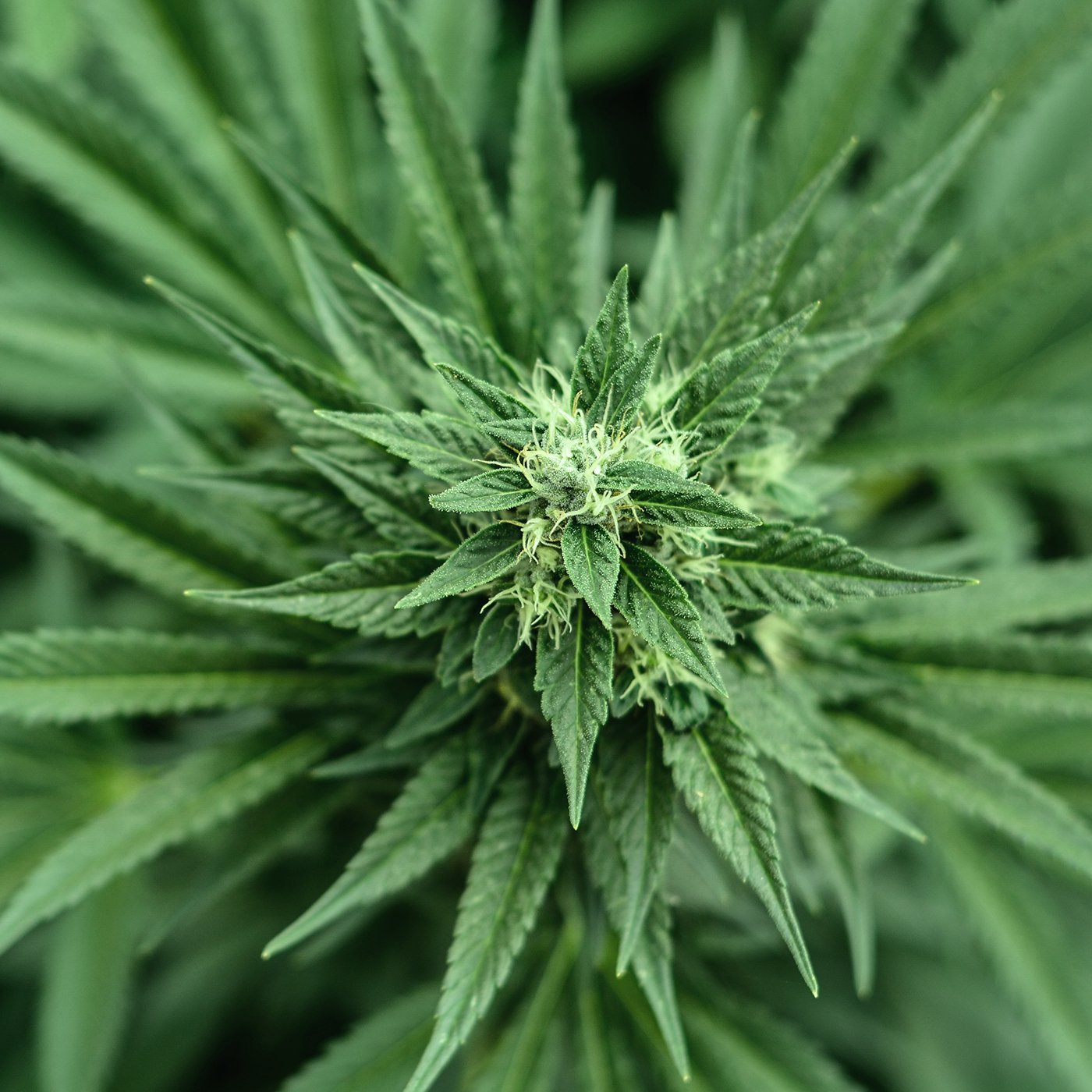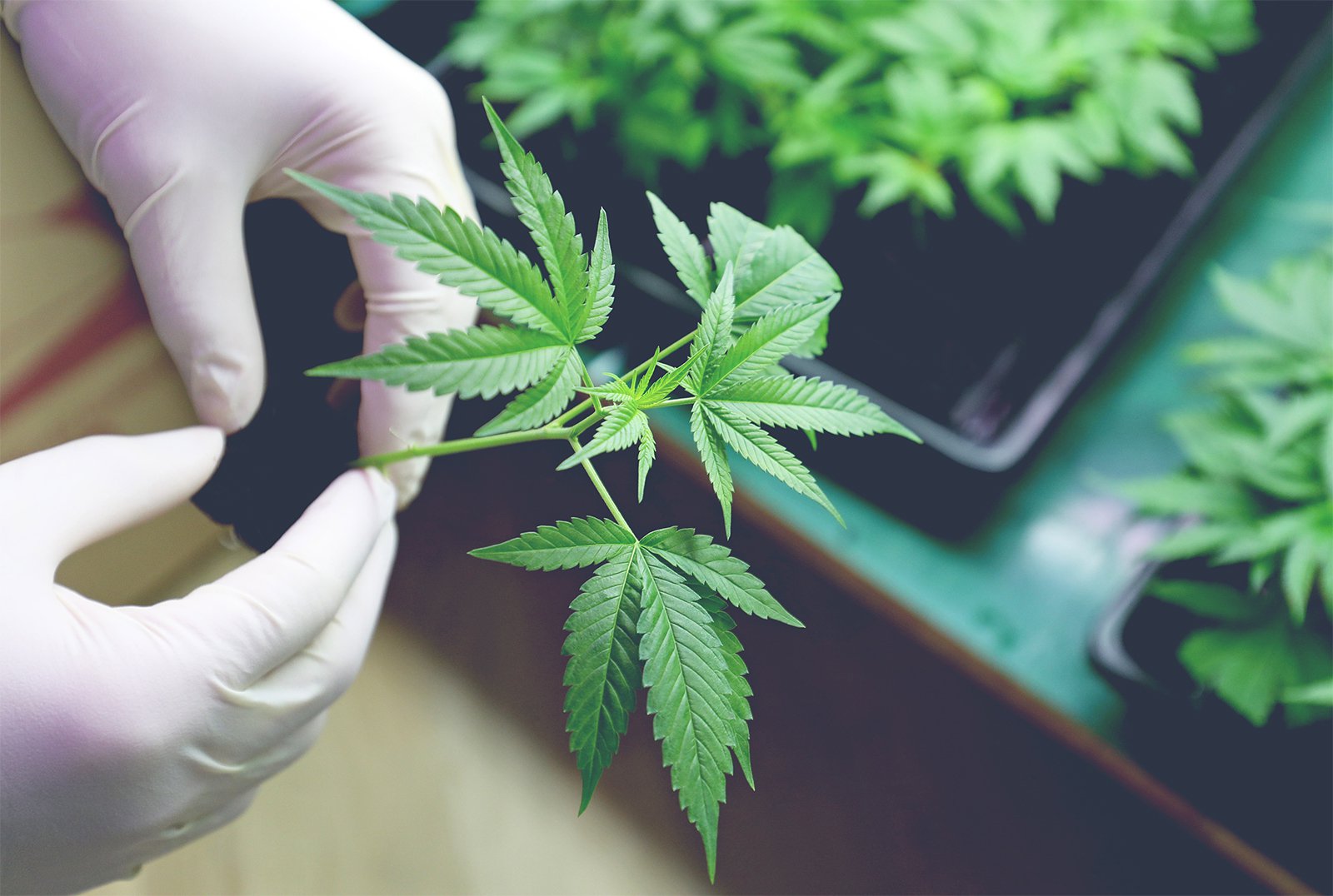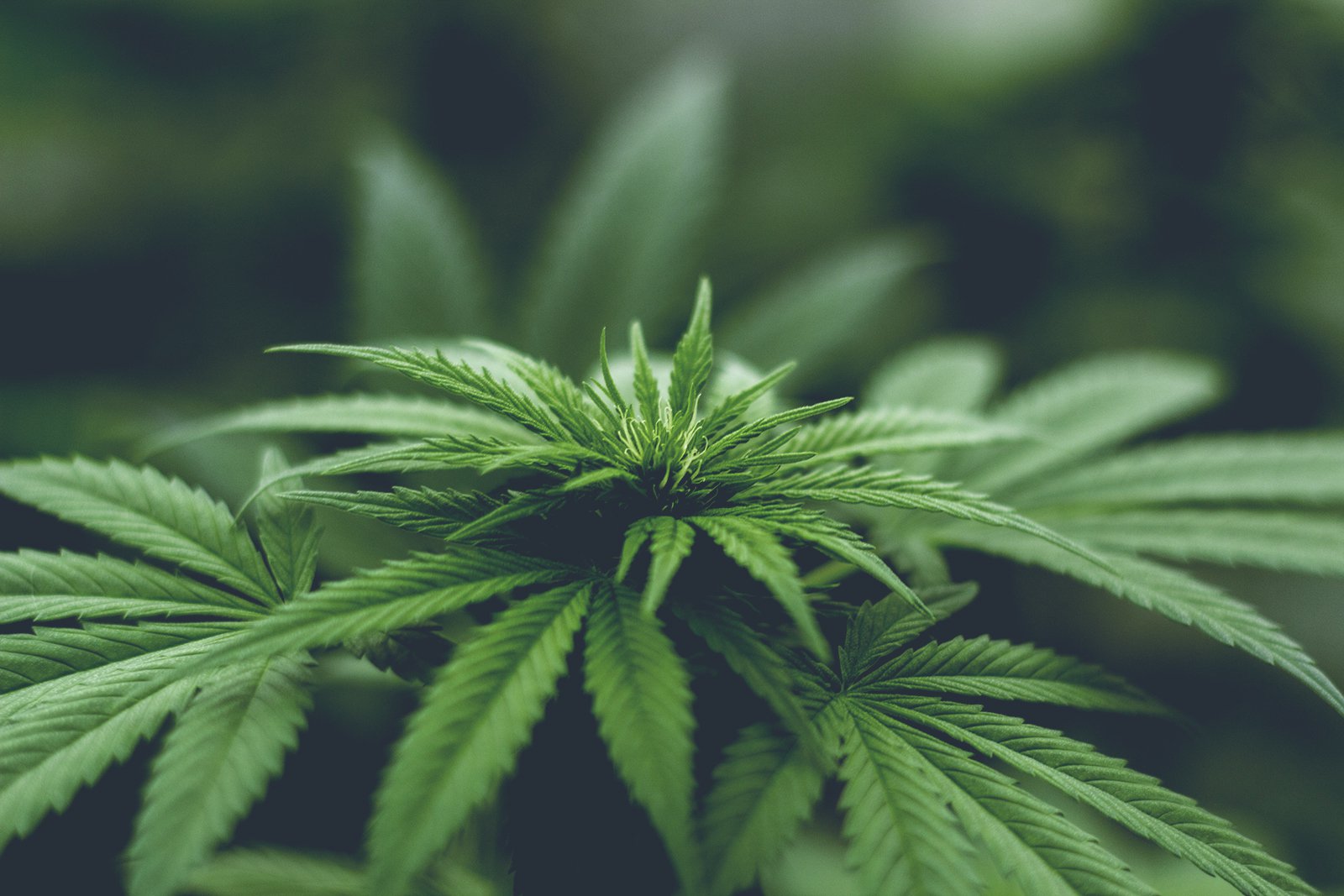
Medical and Health
Cannabidiol is a popular natural remedy used for many common ailments. Better known as CBD, it is one of the 104 chemical compounds known as cannabinoids found in the cannabis plant.
Tetrahydrocannabinol (THC) is the main psychoactive cannabinoid found in cannabis, and causes the sensation of getting “high” that’s often associated with cannabis. However, unlike THC, CBD is not psychoactive. This quality makes CBD an appealing option for those who are looking for relief from pain and other symptoms without the mind altering effects of cannabis or certain pharmaceutical drugs.

7 Benifits and uses of CBD
1. Pain Relief
Scientists have discovered that certain components of cannabis, including CBD, are responsible for its pain relieving effects.
The human body contains a specialized system called the endocannabinoid system (ECS), which is involved in regulating a variety of functions including sleep, appetite, pain and immune system response.
The body produces endocannabinoids, which are neurotransmitters that bind to cannabinoid receptors in your nervous system. Studies have shown that CBD may help reduce chronic pain by impacting endocannabinoid receptor activity, reducing inflammation and interacting with neurotransmitters
2. Reduces Anxiety and Depression
Depression is the single largest contributor to disability worldwide, while anxiety disorders are ranked sixth.
Anxiety and depression are typically treated with pharmaceutical drugs, which cause a variety of side effects such as drowsiness, agitation, insomnia, and headaches. Medications can be addictive and can lead to substance abuse.
CBD has shown success for treatment of both depression and anxiety, leading many these disorders to use this natural approach.
3. Alleviate Cancer Related Symptoms
CBD may help reduce symptoms related to cancer and side effects related to cancer treatment, like nausea, vomiting and pain. CBD may also help reduce chemotherapy-induced nausea and vomiting, which are among the most common chemotherapy-related side effects for those with cancer.

4. May Reduce Acne
Acne is a common skin condition that affects more than 9% of the population. It is thought to be caused by a number of factors, including genetics, bacteria, underlying inflammation and the overproduction of sebum, an oily secretion made by sebaceous glands in the skin.
Based on recent scientific studies, CBD oil may help treat acne due to its anti-inflammatory properties and ability to reduce sebum production.
5. Neuroprotective Properties
Research has shown CBD’s ability to act on the endocannabinoid system and other brain signaling systems may provide benefits for those with neurological disorders.
In fact, one of the most studied uses for CBD is in treating neurological disorders like epilepsy and multiple sclerosis. Though research in this area is still relatively new, several studies have shown promising results.
6.Heart Health
Recent research has linked CBD with several benefits for the heart and circulatory system, including the ability to lower high blood pressure.
High blood pressure is linked to higher risks of a number of health conditions, including stroke, heart attack and metabolic syndrome. Studies indicate that CBD may be a natural and effective treatment for this.
7. Other Benefits:
- Antipsychotic effects: Studies suggest that CBD helps people with schizophrenia and other mental disorders by reducing psychotic symptoms.
- Substance abuse treatment: CBD has been shown to modify circuits in the brain related to drug addiction.
- Anti-tumor effects: CBD has demonstrated anti-tumor effects. In animals, it has been shown to prevent the spread of breast, prostate, brain, colon and lung cancer.
- Diabetes prevention: CBD can reduce the incidence of diabetes by 56% and significantly reduced inflammation.
